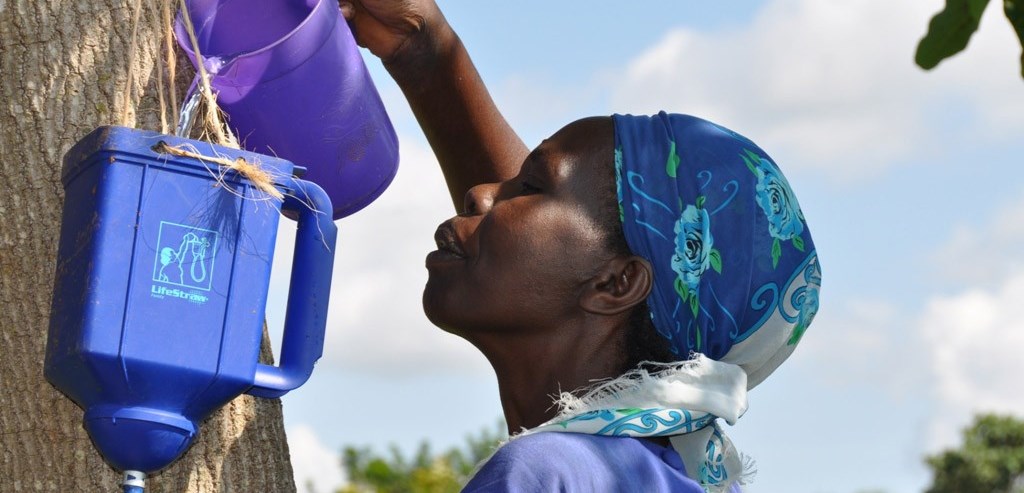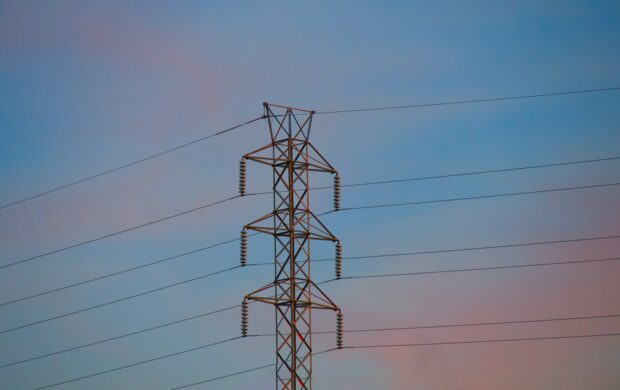Traditional businesses models focus on optimising the price of stock rather than the performance of the company. More and more, shareholder value is being weighed up against the long-term strategic benefits for businesses of environmental and social sustainability. While some business leaders distance themselves from shareholders’ expectations, others are trying to convince them of the business case for investment. New tools are emerging to help them.

One example is a new social impact framework developed by the insurance group Aviva to measure the social impact of its own carbon offsetting programmes. It worked with ClimateCare and the London Benchmarking Group, which provides peer-reviewed methodology, to develop a new framework that measures a company’s overall contribution to a particular community. It then used this framework to evaluate the social impact of two of its flagship programmes with ClimateCare, revealing that in just two years these programmes had not only reduced carbon emissions by 126,000 tonnes but also improved the lives of 200,000 people.
The first project was the Kenya-based LifeStraw Carbon for Water initiative, which provided 900,000 water filters to families so that they no longer have to boil contaminated water to make it safe to drink. The filters help cut carbon emissions and save forests, as less wood is being burnt to heat the water, but also provide health benefits. Interviews with local doctors indicated that the numbers of those suffering from diarrhoea, a waterborne disease and the third leading cause of death in Kenya, had declined substantially. The second project, Envirofit Efficient Stoves, distributed safer and more efficient cooking stoves to disadvantaged communities in India. The stoves used 60% less fuel and released 80% less of the toxic emissions that were endangering families and increasing their risk of respiratory diseases.
Image credit: LifeStraw












